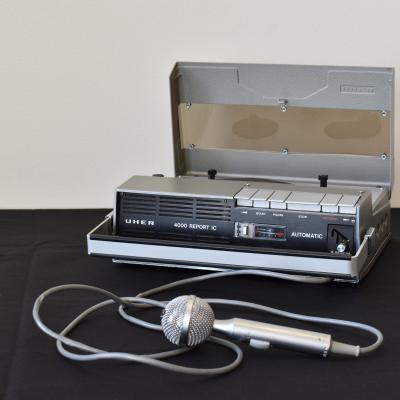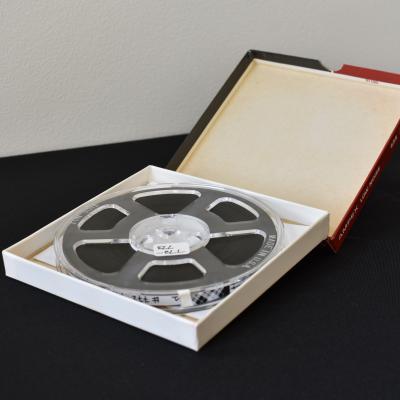Telling a Narrative
On the surface, an interview may appear to be a back-and-forth conversation; the questions can sound menial, even out of place at times, but what the interviewer is doing is much more complex. What sets an oral history apart from a regular conversation is the underlying narrative that the content of these histories act to create. By framing each individual's story within the confines of the historical period in question, and also within the stories of others being interviewed, a much more involved form of history can be achieved.
Showing history through this narrative form provides a medium that stands out against textbooks or manuscripts. Whereas an essay is refined and thoroughly researched for weeks on end, an oral history is a personal recollection of memories that have been lived and experienced. In many ways this is much more engaging- much more intimate- and it captures the attention of those who would otherwise miss out on such content. It is important to note, however, that oral histories do not provide an alternative to traditional historical accounts, but rather an additional resource that can help contextualize the long and methodical answers found in literature. Understanding the experience of an immigrant coming to the Salt Lake Jewish community from their perspective leaves you with a certain admiration that a textbook summarization of same topic could never quite achieve.


